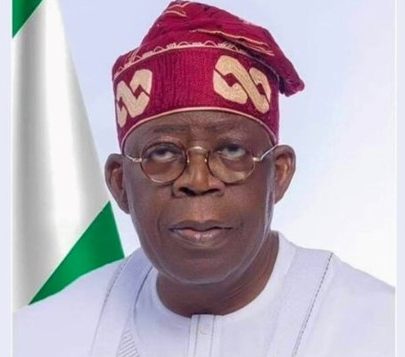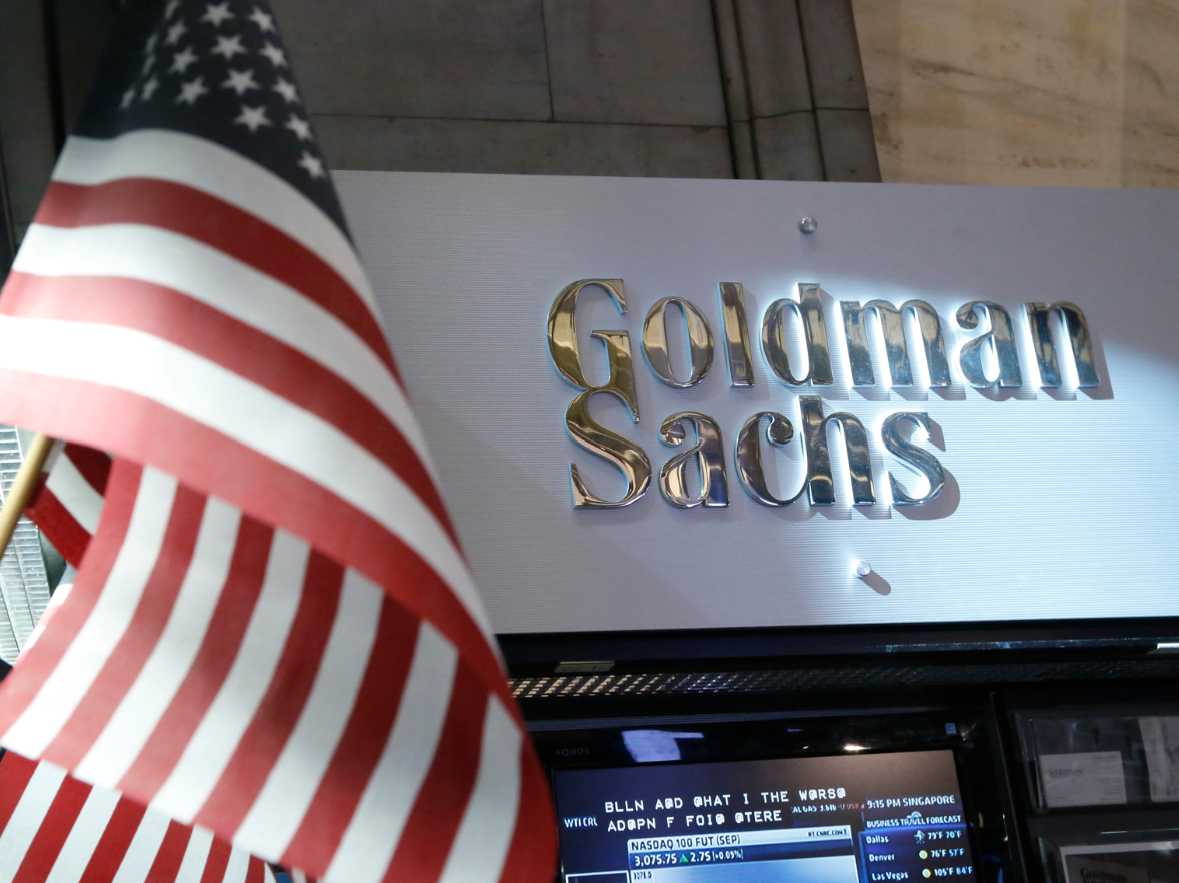
Mkpoikana Udoma
Port Harcourt — Nigeria’s tax-to-GDP ratio has climbed from 10% to over 13.5% in just one year, President Bola Ahmed Tinubu has announced, describing it as one of the most significant tax reform breakthroughs in the country’s recent economic history.
Marking his administration’s second anniversary yesterday, Tinubu said the sharp improvement in revenue performance was not accidental, but the product of deliberate reform policies under his government’s Renewed Hope Agenda.
“By the end of 2024, our tax-to-GDP ratio rose from 10% to over 13.5%, a remarkable leap in just one year. This was not by accident. It results from deliberate improvement in our tax administration and policies designed to make our tax system fairer, more efficient, and more growth-oriented.”
The new figure brings Nigeria closer to the 15% minimum recommended by the African Union and World Bank for sustainable development. It also reflects a turning point for a country long known for one of the lowest tax collection rates in Africa, despite its large population and economy.
President Tinubu attributed the success to the ongoing overhaul of tax processes, the fight against multiple taxation, and strategic measures to ease the burden on low-income earners and businesses.
“We are eliminating the burden of multiple taxation, making it easier for small businesses to grow and join the formal economy,” he said.
“Essential goods and services such as food, education, and healthcare will now attract 0% VAT. Rent, public transportation, and renewable energy will be fully exempted from VAT to reduce household costs.”
The president also revealed that the government was ending the era of “wasteful and opaque tax waivers” and replacing them with targeted, transparent incentives focused on manufacturing, agriculture, and technology, sectors critical to inclusive growth.
To improve accountability, the President said a new independent institution, the Tax Ombudsman, will be introduced to protect vulnerable taxpayers and ensure fair treatment.
“These reforms are not just about revenue but about stimulating inclusive economic growth. There is a deliberate focus on our youth, who a friendlier tax environment for digital jobs and remote work will empower.”
The renewed fiscal push also includes the implementation of a new national fiscal policy framework, which Tinubu said would guide taxation, borrowing, and spending over the long term to ensure macroeconomic stability and investor confidence.
Tinubu said his administration was aware of the hardship experienced by citizens and assured that the reforms were designed to “reduce the cost of living, promote economic justice, and build a business-friendly economy that attracts investment and supports every Nigerian.”



